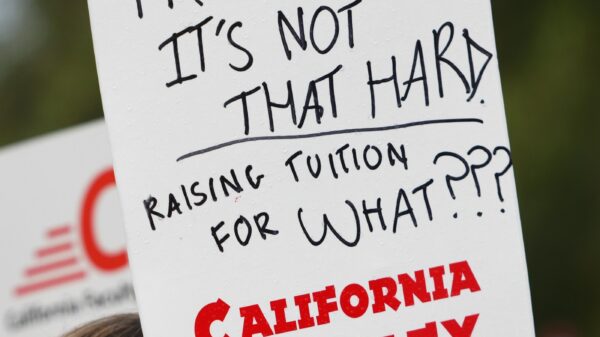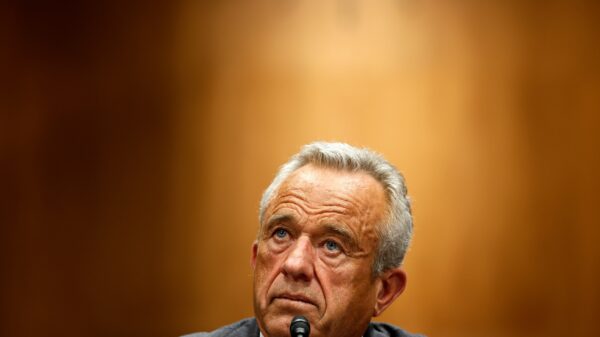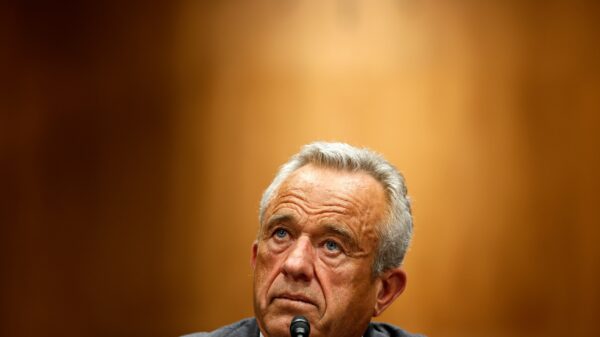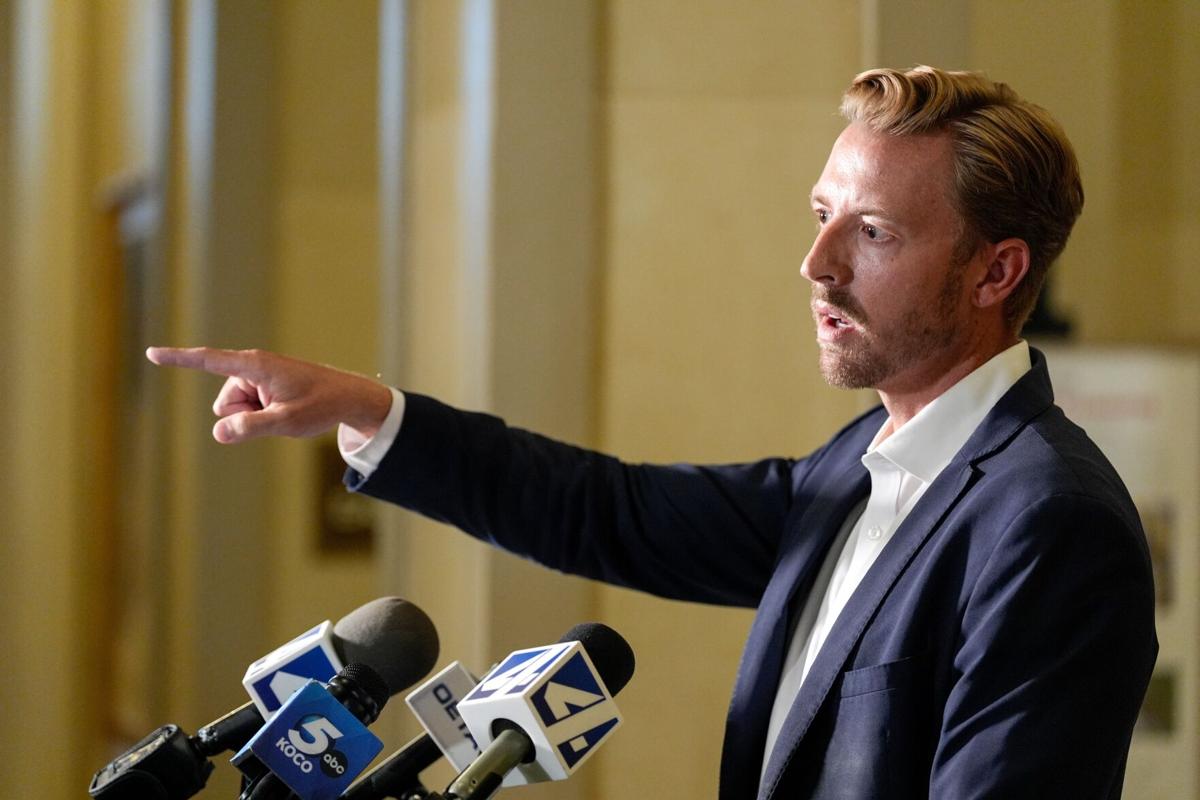Oklahoma State Superintendent Ryan Walters is facing criticism for his controversial call for a moment of silence in schools to honor the late conservative figure Charlie Kirk. This request, described as a blatant political maneuver, has drawn ire for its perceived exploitation of a tragic event that continues to resonate across the nation.
Walters, who assumed office with a campaign centered on promoting Christian values and American exceptionalism, lacks substantial administrative experience. His recent actions have sparked debates about the appropriateness of intertwining education with political agendas. On March 15, 2024, Walters issued a directive for all public school students and staff to pause for a moment of silence at noon the following day, coinciding with a time of day when many schools are undergoing transitions between classes and lunch periods.
Critics argue that Walters’ approach failed to respect the emotional maturity of students and the professional judgment of educators. Schools typically manage discussions around national tragedies according to their students’ age and understanding, allowing for age-appropriate responses. A kindergartner’s comprehension of significant events differs vastly from that of a high school senior, and educators are trained to navigate these discussions sensitively.
The fallout from Walters’ directive has revealed deeper issues within the Oklahoma State Department of Education (OSDE). His mandate has raised concerns about its legality and the potential politicization of a tragic incident for personal gain. Observers noted that this incident diverted attention from the Oklahoma Supreme Court’s recent decision to halt Walters’ new social studies standards, which have faced criticism for incorporating Christian nationalist narratives into the curriculum.
In light of these developments, Walters announced investigations into twelve school districts and seventy teachers reported for allegedly failing to comply with his moment of silence order. Critics are concerned that such actions reflect a broader pattern of intimidation against educators who express differing political views, potentially exacerbating the ongoing teacher shortage crisis in Oklahoma. The state currently faces a deficit of over 4,600 untrained teachers in classrooms.
Since 2002, Oklahoma law has mandated a moment of silence in schools, intended to provide students with a chance to reflect or pray as they see fit. Traditionally, this moment occurs after the Pledge of Allegiance, allowing students to center themselves at the start of the school day. However, Walters’ request for an additional moment of silence has disrupted established routines, with many school districts emphasizing that they have followed legal protocols regarding the daily observance.
Critics argue that Walters’ insistence on a second moment of silence reflects a failure to appreciate educators’ autonomy and expertise. Many school districts communicated to parents and staff that individuals could choose to reflect during the designated time if they wished, rather than mandating a uniform response to Kirk’s death.
The State Board of Education, responsible for overseeing educational policy in Oklahoma, has been caught in the crossfire of Walters’ controversial directives. Board members have expressed concerns over the superintendent’s confrontational approach, particularly towards those who challenge his decisions. The conflict raises questions about the future of educational governance in the state and the potential for further instability within the OSDE.
As the situation continues to unfold, many Oklahomans, including educators and parents, are calling for a shift in focus back to the pressing educational issues that affect students’ learning environments. The ongoing investigations and political maneuvering threaten to overshadow critical discussions about improving academic outcomes and retaining qualified teachers in the state.
In a time when schools should prioritize student learning and well-being, the emphasis on political agendas has led to a call for greater accountability and respect for the expertise of educational professionals. As Oklahoma navigates these challenges, it is clear that the focus must return to fostering a supportive and effective learning environment for all students.





































































